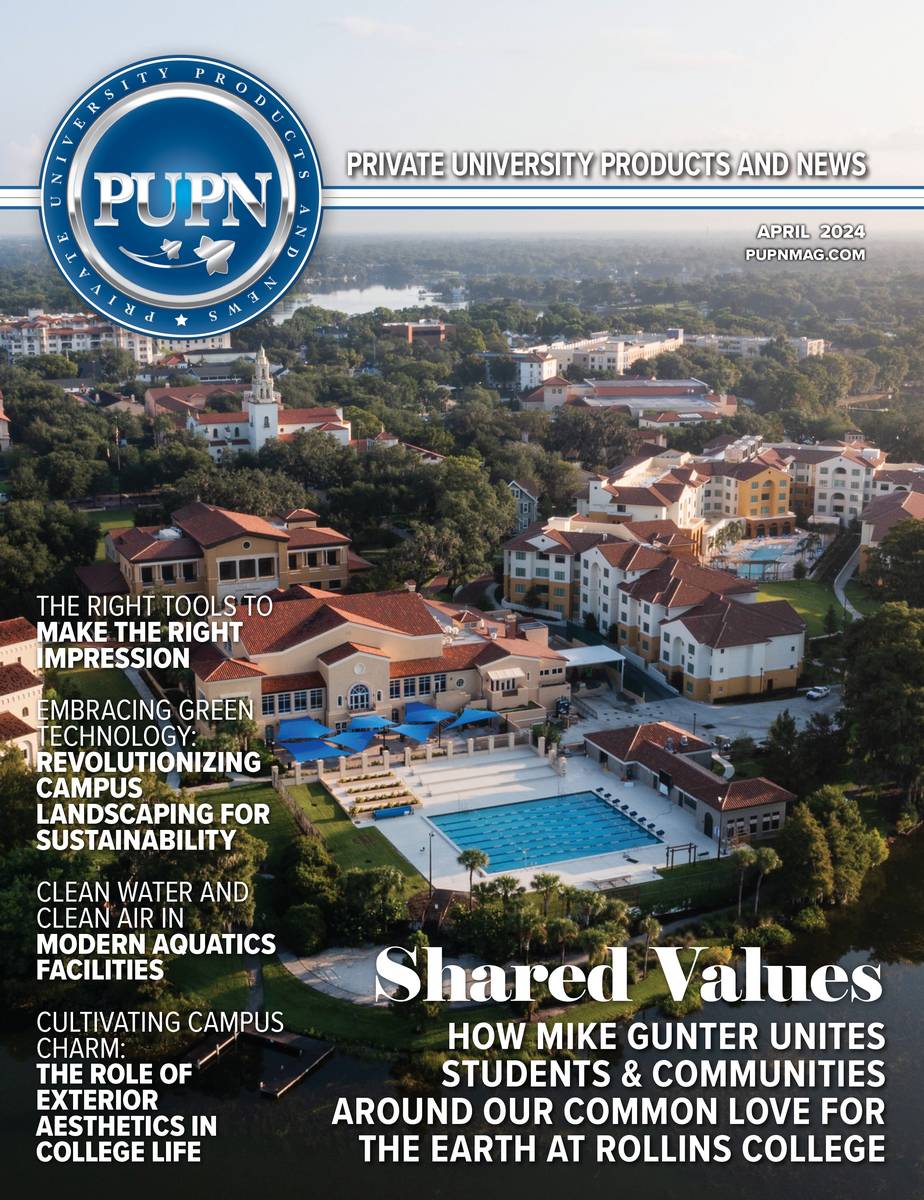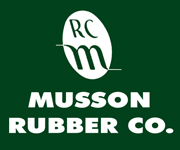Clarkson University Libraries just became the first academic library to complete the Sustainable Libraries Initiative’s rigorous certification program. This program encourages collaboration with other campus sustainability efforts, reaching beyond the campus to establish the university library system as a resource and leader in the resilience of the broader community.
“Participating in a variety of University committees over the past several years has helped us to position Clarkson University Libraries as a vital agency in the campus sustainability mission. We know that environmental sustainability is at the core of Clarkson’s operations. The University has consistently earned Advancement of Sustainability in Higher Education’s Sustainability Tracking, Assessment and Rating System (AASHE STARS) gold ratings. Our Libraries’ mission says: ‘Consider issues of sustainability in all of our practices.’ The way we see it, this declaration sets the tone for all faculty and staff to align their decisions, large and small, as they fit in with environmental best practices, consideration of social equity, and fiscal responsibility,” says Dean of Libraries Michelle Young.
With all facilities on campus working together to reduce waste and find ways to recycle as much as possible, a collaborative and transformational view of sustainability fosters new ideas. Newly renovated spaces on campus, including the libraries, have Energy Star-rated computers and appliances, energy-efficient LED lighting and HVAC systems, and low-flow bathroom fixtures. Clarkson University uses the Siemens Tracking System to compile and monitor energy use throughout the campus. A twelve-acre, two-megawatt solar field generates clean energy for the school.
The libraries purchase paper products with attention to getting the highest recycled content possible, and they prohibit Styrofoam products. Reusable utensils and dishware are used in the libraries’ kitchen. In addition to environmental sustainability, Clarkson University Libraries’ commitment to fiscal responsibility, community engagement, and social wellbeing are essential to meet the full, triple-bottom-line definition used by the SLCP. The libraries and campus both have a stated commitment to equity, diversity, and inclusion. This commitment has been shown in actions such as creating and publicizing an anti-discrimination reading list, “Expanding our Worldview,” which includes multimedia resources to help students consider new perspectives and challenge themselves to find a broader context in understanding the experiences of others.
Recent renovations of the Clarkson University Libraries space have sharpened the focus on their physical space and storage. Creating more study and small group space that is publicly accessible has led to a reduction in storage of over a mile of print journals. With more archives available electronically, the library has maintained access to most of these holdings without the need for physical space. The finite space for print materials is both a challenge and an advantage. The libraries’ willingness to try an innovative open floor plan has earned the respect of faculty, colleagues, and university administration; these innovations have helped to promote the library as a modern institution on campus. The challenge of holding limited print resources has led to marketing and outreach efforts that seek to redefine library services to the campus community. The libraries participate in campus events that are centered around sustainability. In collaboration with the Institute for a Sustainable Environment, they are planning an Earth Day celebration this year.
The Sustainable Libraries Initiative will continue to pilot its Academic Library Certification Program with a full nationwide rollout of the program anticipated later this year. Readers may learn more about the Sustainable Libraries Initiative at www.sustainablelibrariesinitiative.org










